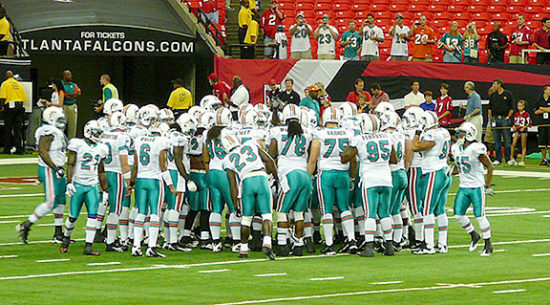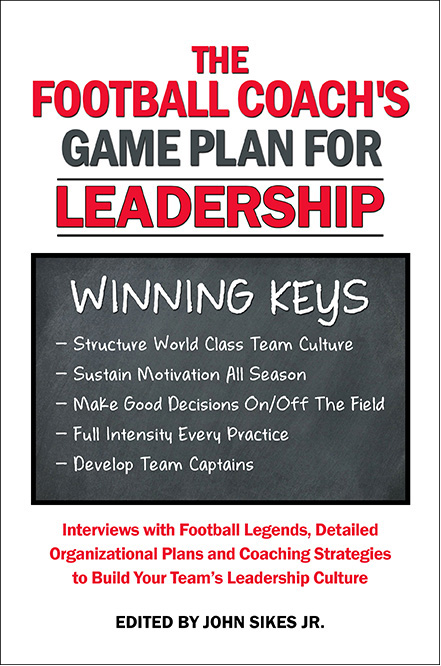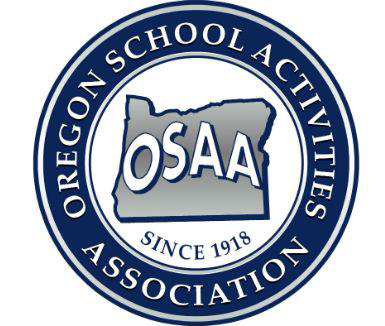Don Shula’s over-learning approach to coaching
NFL Hall of Famer Don Shula coached the Miami Dolphins to the only undefeated season in NFL history. Here are his thoughts on leadership, teaching by “over-learning,” and motivation.

On teaching preparation
“My ultimate goal for every player is performance at the highest level possible. When the whole team is cooking, and all the pistons are firing together in sync, that indefinable ingredient called synergy kicks in. It makes the team much more than just the sum of its parts. Perfection only happens when the mechanics are automatic, so I insist on over learning.
More than anything else, over learning — constant practice, constant attention to getting the details right every time — produces hunger to be in the middle of the action. When players have absolutely no doubt about what they’re supposed to do or how to do it, they thrive on pressure.The concept of practice perfection is difficult for some players to understand. Many times, when they go out on the practice field, they’re tired or they’re beat up from the previous week’s game. There I am, asking them to pick up the tempo, be on top of their play mentally and physically, be sharp in their practice execution. Sometimes these players would rather take the easy way. Like kids, they complain that ‘none of the other teams practice this hard’ or ‘other teams don’t wear pads this often in their practices.’ Those are usually the teams who have disappointing seasons.
You play at the level of your practice. The best way to excel is to practice hard all the time. I am convinced that both the coaches and the players must know that the over learning system works. That means they must understand all four of its components:
- Limit the number of goals.
- Make people master their assignments.
- Reduce players’ practice errors.
- Strive for continuous improvement.
You can tell when a team is up for peak play, even before a game. All of its energy is going toward playing its best, working together. No attention is drained away by worry about mechanical trifles — ‘what-do-I-do-whens.’ When these interferences are eliminated, players are more likely to get into the “zone” where peak performance is possible.

When a person is on auto-pilot, the mental picture he carries matches the potential moves his body will make as the play comes off. His body will move on its own, like a machine driven by reflexes. His mind can then be looking ahead, anticipating the opportunity to make something important happen.”
On leadership and motivation
“I’m all for delegating authority, but the buck really stops at my desk. If the Dolphins lose a game, no one blames the special teams coach, the line coach, the backfield coach, or the coach who scouted the opposition last week. They blame me. So even though I give my assistant coaches pretty much a free hand in developing their special areas of the team, I’m there every day, watching everything. If I see something I like, I discuss it with the assistant immediately. You can’t manage from the press box. You’ve got to be down on the field with your team. Coaching is an intensely personal business.
Years ago, I started a meeting pattern to help recognize the less-publicized players. The day after a ball game, our team and coaches review our performance. I will make some opening remarks to the squad, critiquing what happened during the game — good, bad, or otherwise. Then the entire squad views the game films that focus on our special teams. We use this time to create opportunities for players to appreciate each other’s efforts. It makes special team players feel important when a star like Dan Marino says, ‘Hey, that was a great hit!’
After the squad meeting, the team breaks up into groups according to the players’ positions. Each group reviews its own game films, and the head coach in each area — together with the players — provides the appropriate recognition, as well as any necessary criticism for that small group.
All this talk about recognition may go against your notion that coaches are effective when they’re tough. Recognizing good performance is important, but we place that in its strategic perspective. You want to support players when they’re first learning, then gradually get more choosy about praise. When our staff is teaching something new in preseason training camp, we give the players a lot of support. Later, when the season starts, we expect more; therefore, we praise less. The goal is to have players praising themselves and each other for a job well done.
Lots of leaders want to be popular. I never cared about that. I want to be respected. A coach asks players to push their limits. It automatically means that you’ll make unpopular decisions. If what you’re after is being liked, that’s going to dictate how hard you push them — you won’t want to offend anyone or they will get mad at you. As soon as that happens, there goes your effectiveness. Later, there goes your respect among people. The relationship I wanted to establish was one of mutual respect. That way, players or employees are more willing to give their best effort.”
This is an excerpt from the book “The Football Coach’s Game Plan for Leadership,” published by Championship Performance. To learn more about the book or purchase a copy, visit www.championshipperform.com or click here.





